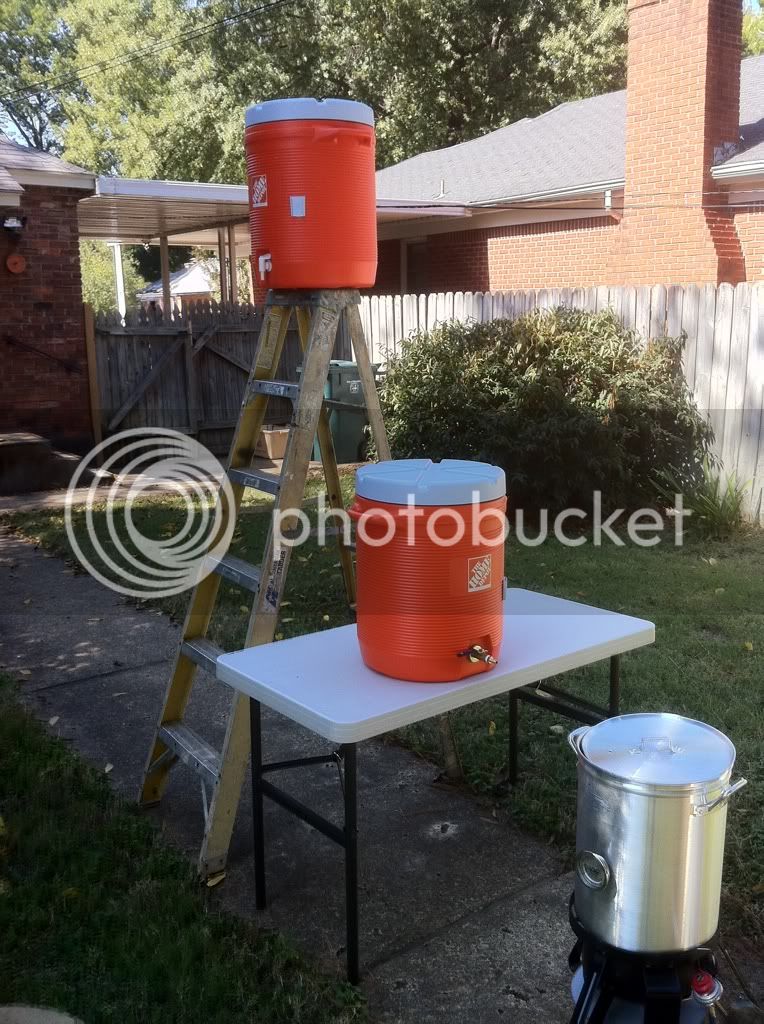funkapottomous
Well-Known Member
This may have been answered before, but yeah.
I'm trying to start switching over to all grain brewing, and want to have everything set up to fly sparge when I start.
The processes that I have seen before (over at southern star) are full scale commercial electric brewing, so they have control over the temperature of the mash and everything.
If I were to build a mash tun out of an igloo cooler, what is the best way to control the heat while sparging?
Should I just get a SS tun? Are Stainless tuns that you buy online insulated/do they hold the heat well or do you have to constantly maintain the temperature?
It seems like having the mash in an igloo cooler would be a problem when it came to temperature control. Unless I was literally pumping out of the tun, into the kettle to bring it to temp and then back into the tun....
Just thinking, any advice welcome.
I'm trying to start switching over to all grain brewing, and want to have everything set up to fly sparge when I start.
The processes that I have seen before (over at southern star) are full scale commercial electric brewing, so they have control over the temperature of the mash and everything.
If I were to build a mash tun out of an igloo cooler, what is the best way to control the heat while sparging?
Should I just get a SS tun? Are Stainless tuns that you buy online insulated/do they hold the heat well or do you have to constantly maintain the temperature?
It seems like having the mash in an igloo cooler would be a problem when it came to temperature control. Unless I was literally pumping out of the tun, into the kettle to bring it to temp and then back into the tun....
Just thinking, any advice welcome.



